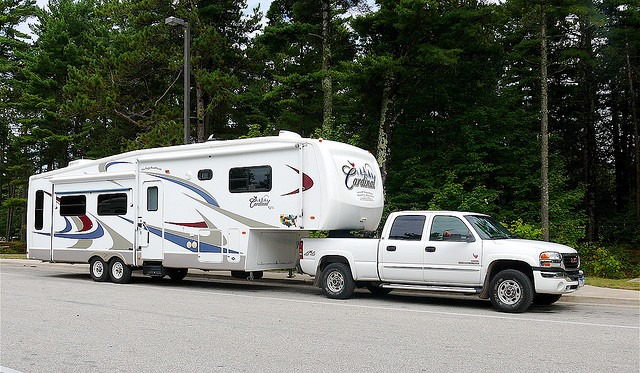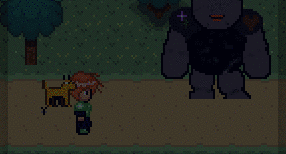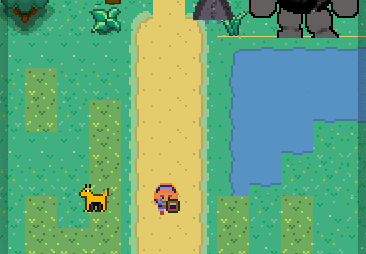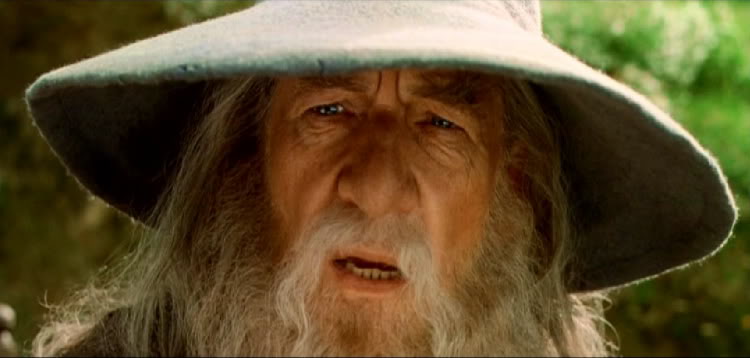The Lost Week
Week of November 6th
Overview
Well. This wasn’t a great week.
Lots of nonsense happened – from sudden manager departures to a very distracting election and much else beyond that.
I’m calling this a lost week. Not necessarily a bad week, but one in which much of my time was spent not working on my games or my business or really much of anything.
Still, I got quite a bit done. I’m really hopeful that this will be the week I finally get into a flow of sharing my thoughts on here and elsewhere, but it’s been over 5 weeks now of absolute failure so why should this be any different? We’ll see.
Highlights
+ Sold a camera! +$60 in the escape fund
+ May have found an extra $1,000 just “laying around” – fingers crossed it pans out
+ Added the concept of Power Goals – more to come on that in a later post
+ Added simple dog fetching, simple dog snoozing, and some cool stuff regarding zooming
+ Lots of ideas put to paper and then stored safe and sound in TFS
Lowlights
— Distracting election
— Distracting work
— Distracting housework
— Wore a bad pair of socks 🙁
Demo














